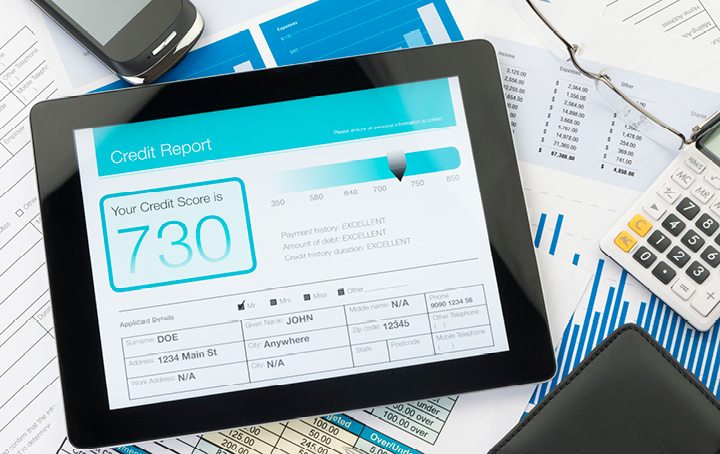

[column width=”1/1″ last=”true” title=”” title_type=”single” animation=”none” implicit=”true”]
Under the superannuation guarantee framework, employers are required to contribute a minimum percentage (currently 9.5%) of their employee’s ordinary time earnings into superannuation. Employers that fail to do so will be liable to a penalty called the superannuation guarantee charge, payable to the ATO. If you’re a high-income earner with multiple employers, this requirement has the very real chance of inadvertently pushing you over the concessional contributions cap of $25,000.
To avoid this unintended consequence, laws have recently been passed so that eligible high-income earners with multiple employers can opt-out of the super guarantee regime. From 1 January 2020, employees with more than one employer and expect their combined employers’ contributions to exceed the concessional contributions cap can apply for an “employer shortfall exemption certificate” with the ATO.
The certificate will release one or more of your employers from their super guarantee obligations for up to four quarters in one financial year. However, you must still receive super guarantee contributions from at least one of your employers for the year. From the employer’s perspective, the certificate means that it will not be liable for the super guarantee charge or other consequences if they don’t make super guarantee contributions for the time period covered.
Applications for the certificate must be lodged with the ATO at least 60 days before the first day of the first quarter the application relates to. That is, you will need to lodge a form with the ATO on or before 18 November 2019 if you want the certificate to apply the quarter starting 1 January 2020. For the certificate to apply for the quarter beginning 1 April 2020, the last day to lodge the form is 31 January 2020.
If you’re a high-income earner and are considering apply for the certificate, one of the first things to do is to discuss it with your employers, as they can choose to disregard the certificate and continue making contributions. Before having discussions with your employer, it may also be prudent to consider whether applying for the certificate may affect relevant awards or workplace agreements that you have in place. Another thing to you may wish to consider is whether you’d like to receive additional cash or non-cash remuneration in place of the foregone super guarantee contributions.
Once you’ve come to an agreement with your employers, it is important to get the details right as the certificate cannot be varied or revoked once its issued. Whilst this provides certainly to the employer that the exemption cannot later be withdrawn to their disadvantage. This also means that if you make a mistake, the employer and/or the period that it applies to cannot be changed.
[/column]